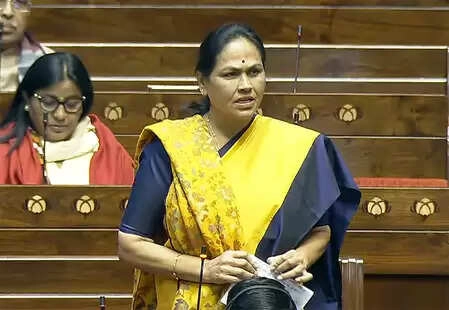In a recent interview, Errol Musk, the father of billionaire entrepreneur Elon Musk, shared his insights on the public clash between his son and former President Donald Trump. Errol attributed the tensions to the psychological effects of PTSD that Elon has experienced over the years, particularly due to the immense pressure and scrutiny that comes with his high-profile life. He suggested that this trauma might have influenced Elon’s emotional responses and reactions in such confrontations, leading to a more charged and confrontational exchange than would typically occur.
Errol Musk also expressed his belief that Trump has the potential to emerge victorious in this ongoing dispute. Drawing from his observations of political dynamics, he noted that Trump’s resilience and ability to rally support could play a significant role in his favor. He highlighted the former president’s knack for leveraging controversies to galvanize his base, suggesting that this might translate into an advantage in the current political landscape. Errol’s comments reflect a broader sentiment that, despite the challenges he faces, Trump has a unique ability to navigate the turbulent waters of American politics.
The clash between Elon Musk and Donald Trump has drawn considerable media attention, not only due to their prominent public personas but also because of the implications it has for political discourse. Errol Musk’s perspective adds a personal dimension to the narrative, emphasizing the emotional and psychological undercurrents that can influence high-stakes interactions. As the situation continues to unfold, it raises questions about the impact of familial relationships and personal struggles on public figures and their decision-making processes. The interplay between personal history and public action remains a compelling aspect of contemporary discourse, inviting further examination of the complex motivations behind such notable clashes.




